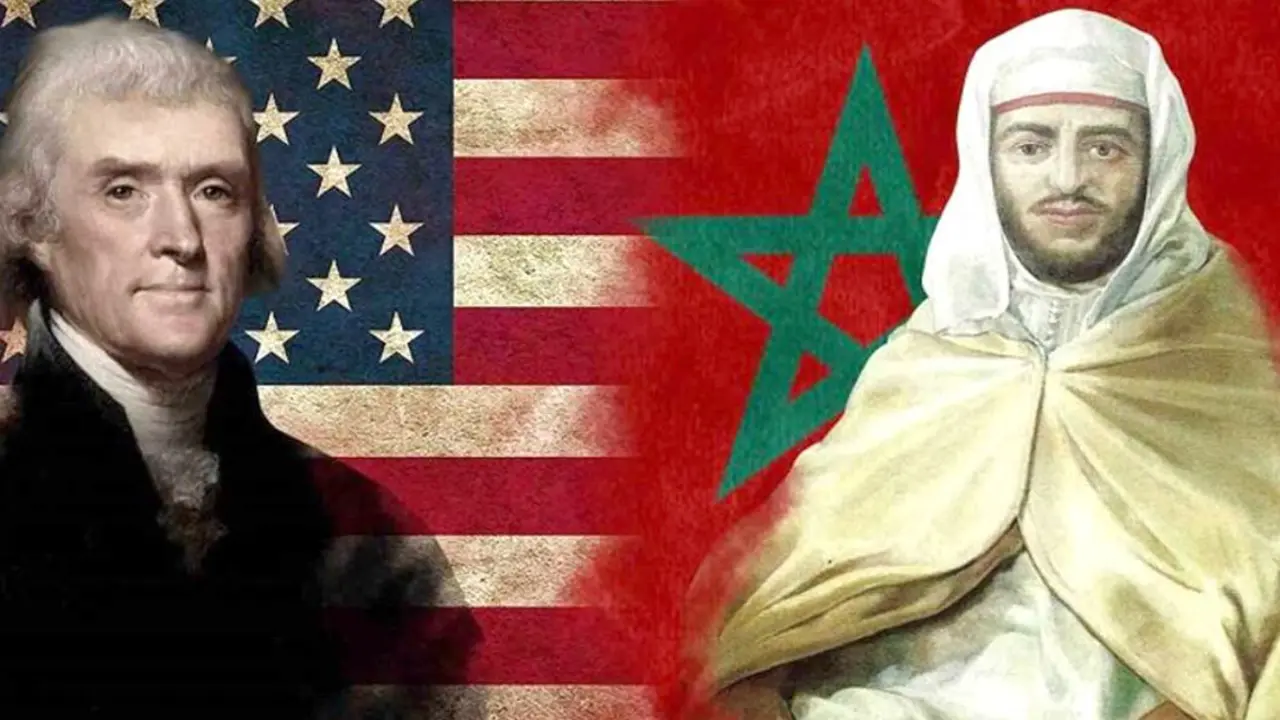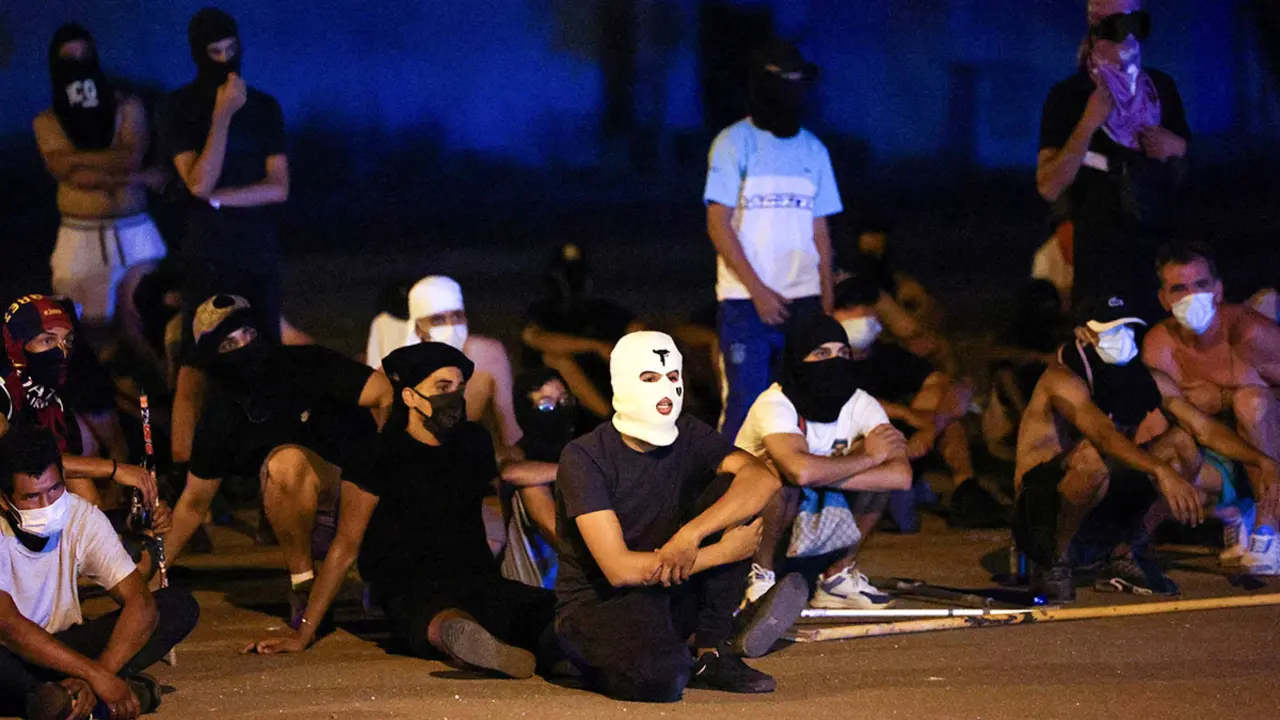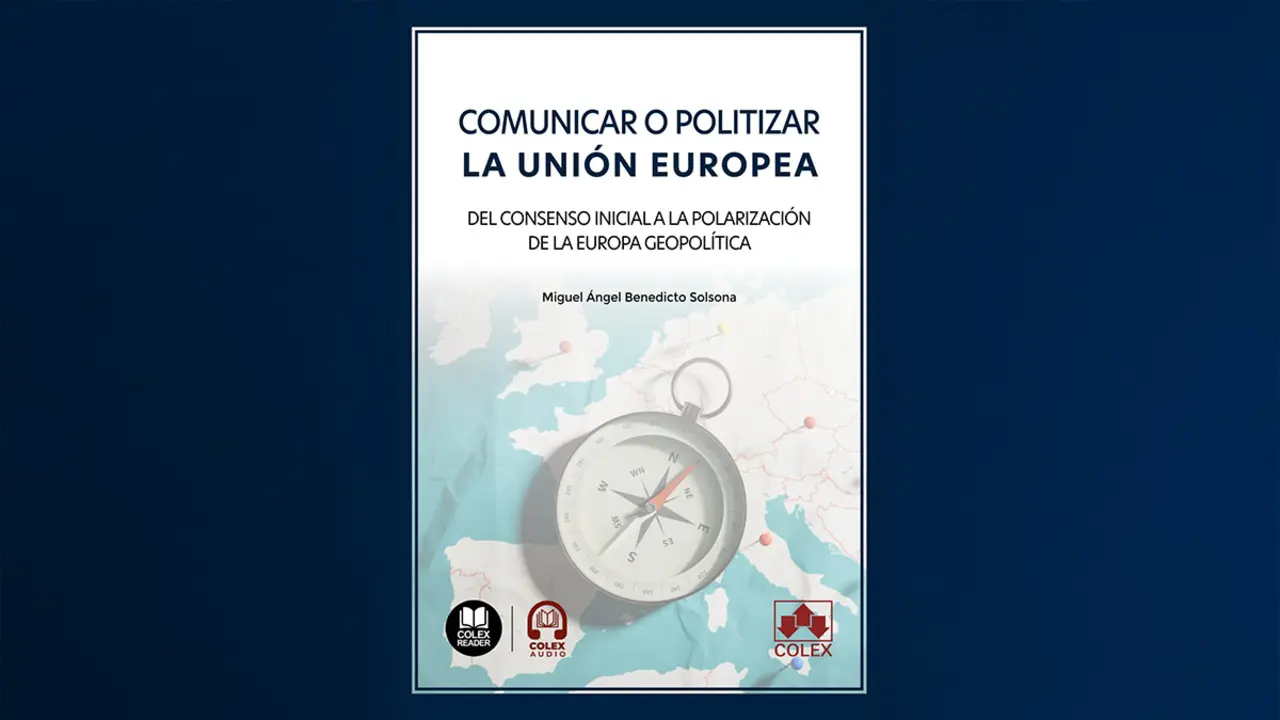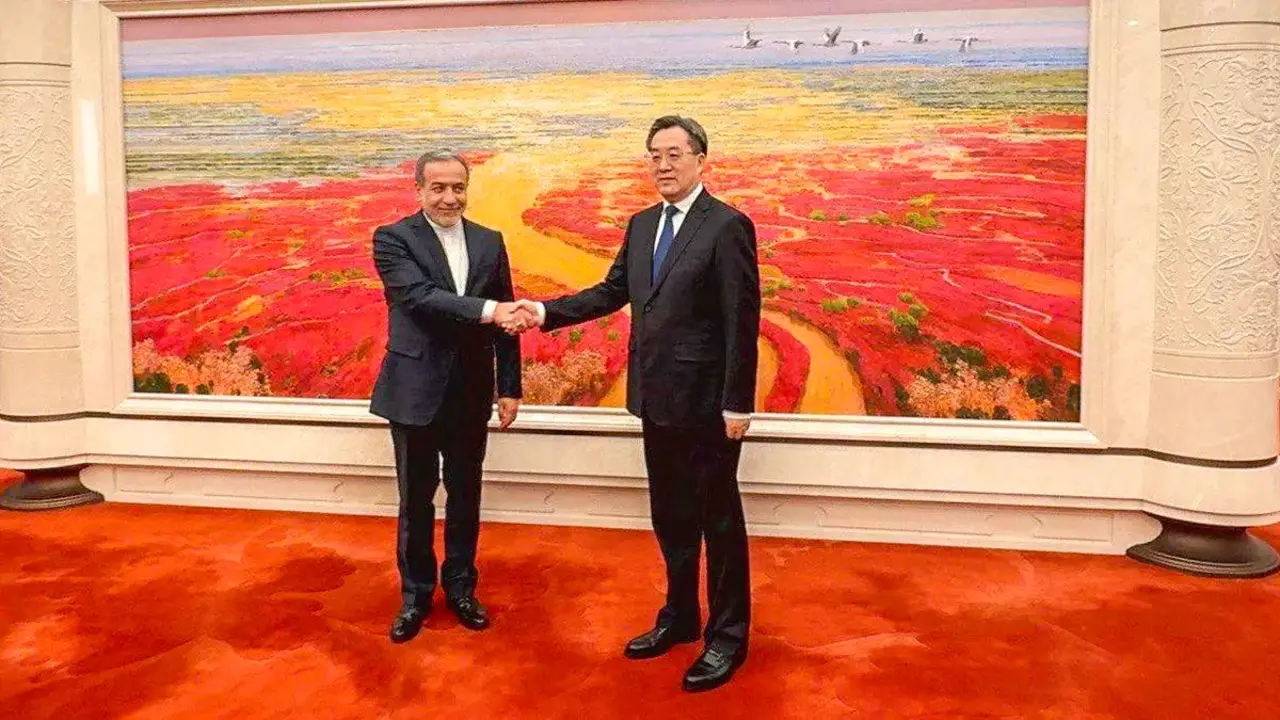Europe during the Ukrainian war
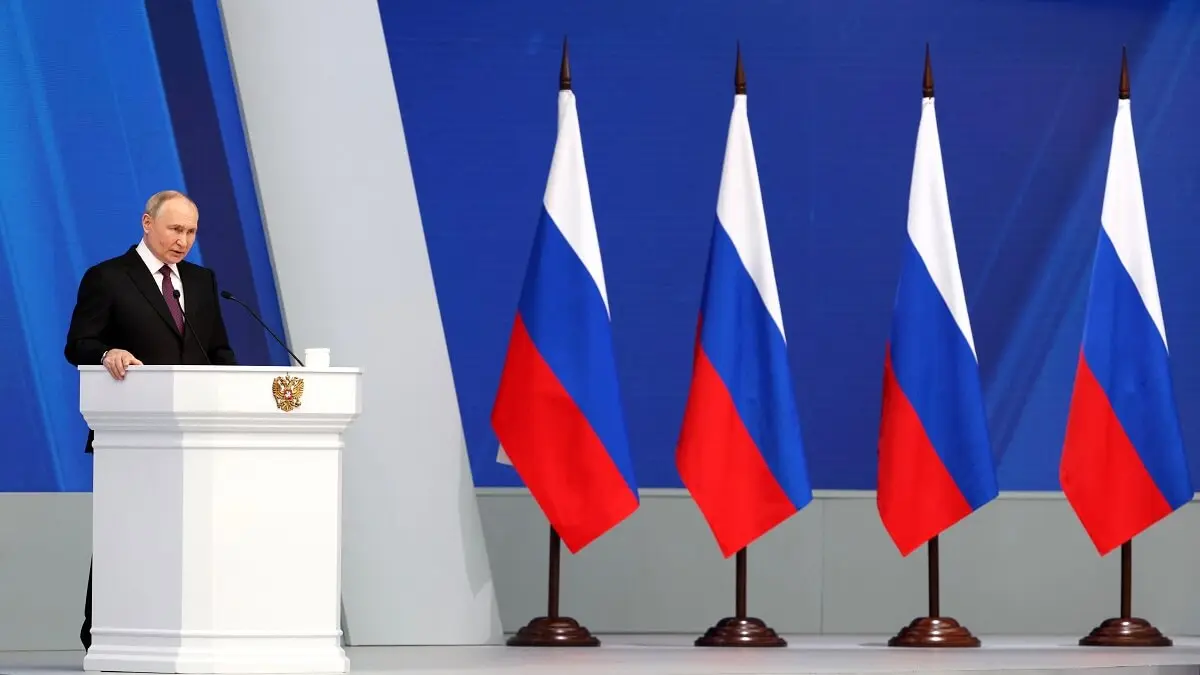
Miguel Ángel Benedicto, Professor of International Relations at the Complutense University of Madrid and coordinator of the book "Europe during the war in Ukraine", in which 15 professors and lecturers have participated to analyse the situation in Europe two years after the Russian invasion of Ukraine, took part in the programme "De cara al mundo" on Onda Madrid to analyse the key points dealt with in his book and address the issue of the war on Ukrainian soil.
What can we find in this book?
It is more of an academic work. In fact, the main idea was to have different professors from different universities for this and to analyse what has been happening during these two years, and where Europe should go. It was divided into two parts.
The first part analysed the geopolitics of the European Union and what repercussions the war in Ukraine was having on Europe. And, on the other hand, what we did was to analyse what open strategic autonomy means, which is what this first part has led us to, in a way.
This war in Ukraine has led us to seek greater independence in terms of energy, food, health, the consequences of the war in Ukraine. We are trying to highlight these two issues. Geopolitics or this geopolitical awakening, how Europe must speak the language of power and, on the other hand, how this has forced us towards democracy. And how it has forced us to seek that greater independence.
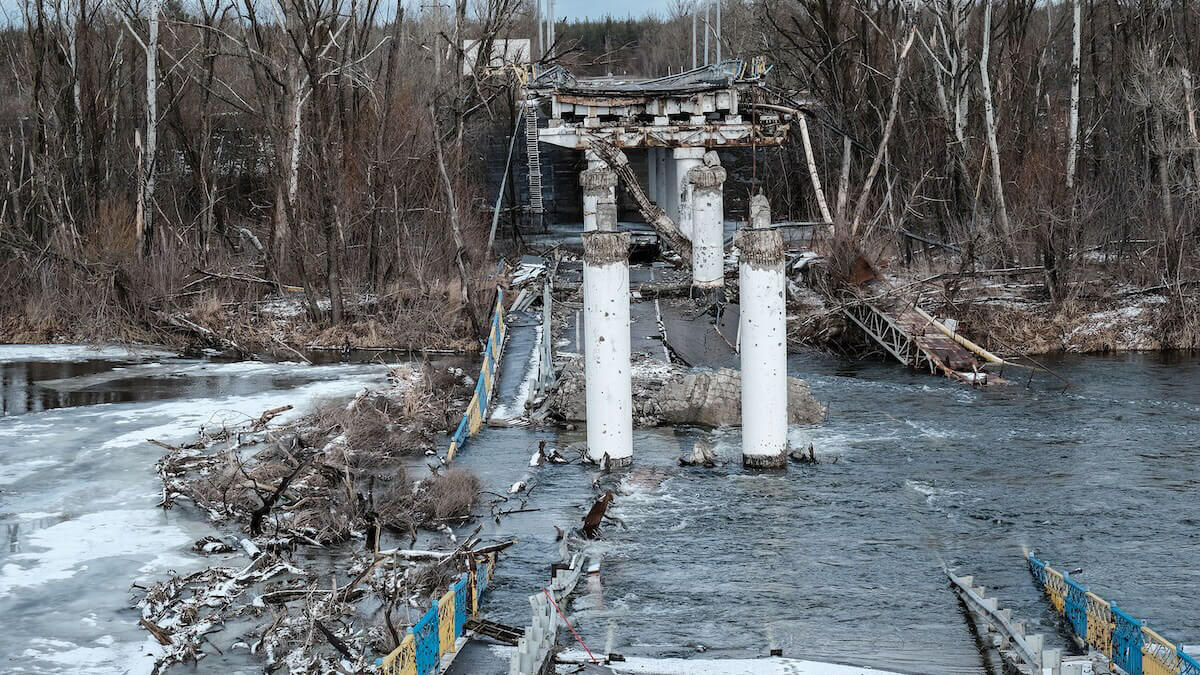
Are there any disparities in the analyses contained in this book?
Yes, there are some authors who speak of the end of the Europe of our dreams. For example, Professor José María Peredo and Colonel Enrique Fojón make a more geopolitical analysis and perhaps speak a little of that end. The end of the Europe of dreams, the Europe that sought peace, that had emerged from the Second World War and now finds itself in a scenario for which it may not be prepared.
When we talk about Europe, we think of an economic and commercial power with soft power, but which has not been able or has not wanted to develop that hard power, which means military power. Yes, at the level of economic sanctions, as we have seen with the imposition of the 13th round of economic sanctions by the European Union, but not at the military level. These days we see that Mrs Von der Leyen herself, the President of the European Commission, is talking about the need for a military Europe and even, if she becomes President of the Commission again, about creating a Commissioner for Defence, who would be in charge of defence issues.
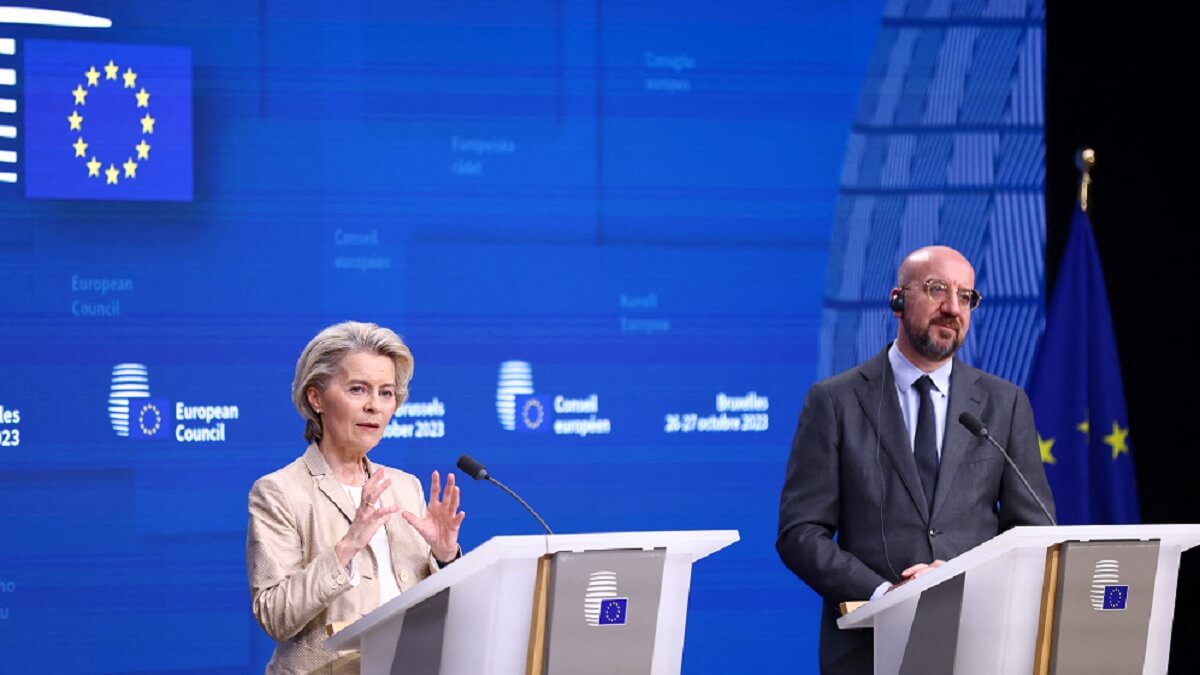
The key is for Europe to become truly aware of the scale of Putin's threat. Let's wake up, because here we are with Puigdemont and so on and we may not be aware of it. Then there is Vladimir Putin's threat to use nuclear weapons, if necessary.
Yes, he is using that deterrent that has always been introduced since the Cold War, nuclear weapons. Emmanuel Macron, last week, was talking about this possible dispatch of NATO troops. Basically, who is Macron talking about when he speaks? France, which is a nuclear power, which has a seat on the UN Security Council. What Putin is doing is responding, in a way, to the meeting of these heads of state and government a few days ago by announcing to them that he also has the deterrent power of nuclear weapons and may be willing to use them if NATO sends troops to my territory. It is like a return to the Cold War, where there are several powers, which are somehow confrontational and use these nuclear weapons as a tool of deterrence.
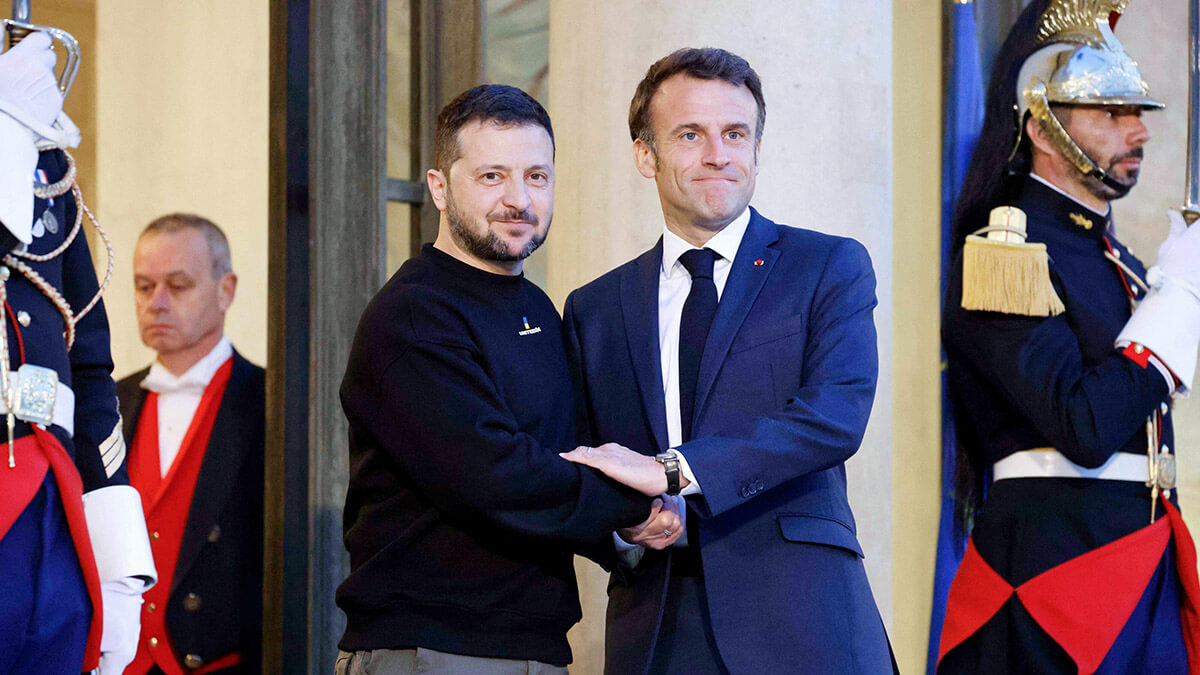
I don't know if any of the authors suggest that Europe is trapped at the moment, for example, with the elections in the United States, which largely condition what might happen in Ukraine and, therefore, how it affects Europe.
It is not dealt with directly, but it does talk about the struggle between democracies and authoritarianism, and in some way this leads us to the elections that could take place in the United States, where a possible victory for Donald Trump would mean the decline of democracy in the United States, which could influence the rest of the world. Europe, clearly, too. It could perhaps accelerate the outcome of the Ukrainian war if Trump, who we have seen does not have much faith in NATO, were to stop helping Ukraine in some way economically and militarily, which could lead to the war coming to an end. We are not interested in that Europe at all. What Europe is interested in is supporting Zelensky as much as possible in order to regain as much territory as possible and at a given moment to be able to negotiate with as little loss as possible.
As soon as both sides see that there is no progress, they will be forced to negotiate in some way. That is the only way to end a war, negotiation. Putin must not be allowed to get away with it. He is an aggressor. He has violated international law and what we cannot do is let him get away with it somehow. Here the European Union must be united and must be as confrontational as possible, and try to give as much support as possible to Ukraine, which is currently defending democratic values and the liberal international order.

The book is entitled "Europe during the war in Ukraine". At this point in time, is it possible to make an analysis only with Ukraine or global situations in mind? I am thinking about what is happening in the Middle East, in Gaza, international trade, China.... How can you analyse these other conflicts?
Yes, it is a kind of geopolitical confrontation. On the one hand, we see the democracies, the West, the United States and the European Union. And on the other hand, we see how China, Iran or Russia, in a way, form another bloc. There are two confrontational blocs. Then there is the global south that seeks to be with one or the other depending on its interests, but we do see this struggle between democracies and authoritarianism at the moment. As you rightly say, we cannot only focus on the war in Ukraine, but we also see how in the Middle East conflict right now, a terrorist group has put Israeli democracy in check. There are allies on one side and there are allies on the other, bearing in mind international trade, which is very important, because of everything that has happened in the wake of that Middle East conflict in the Red Sea, and where we see how that affects supply chains. In order to protect these global goods such as world trade and the oceans, we, in this case Europe, should, if it wants to play a role at a global level and defend these global goods, have greater military power to be able to play in the league of the great powers.
Authoritarian populisms, without a doubt, using fake news and new technologies and social networks, are the great threat, without a doubt, to liberal democracies. "Europe during the war in Ukraine", coordinated by the professor of the Complutense University of Madrid, how and where can we get this book? Because we recommend it to all our readers, who, if they really want to have a well-argued opinion of what is happening, this book is a reference, without a doubt.
You can get it from the COLEX publishing house, both online and in any bookshop. Putting "Europe during the war in Ukraine" you can buy it without any problem.


